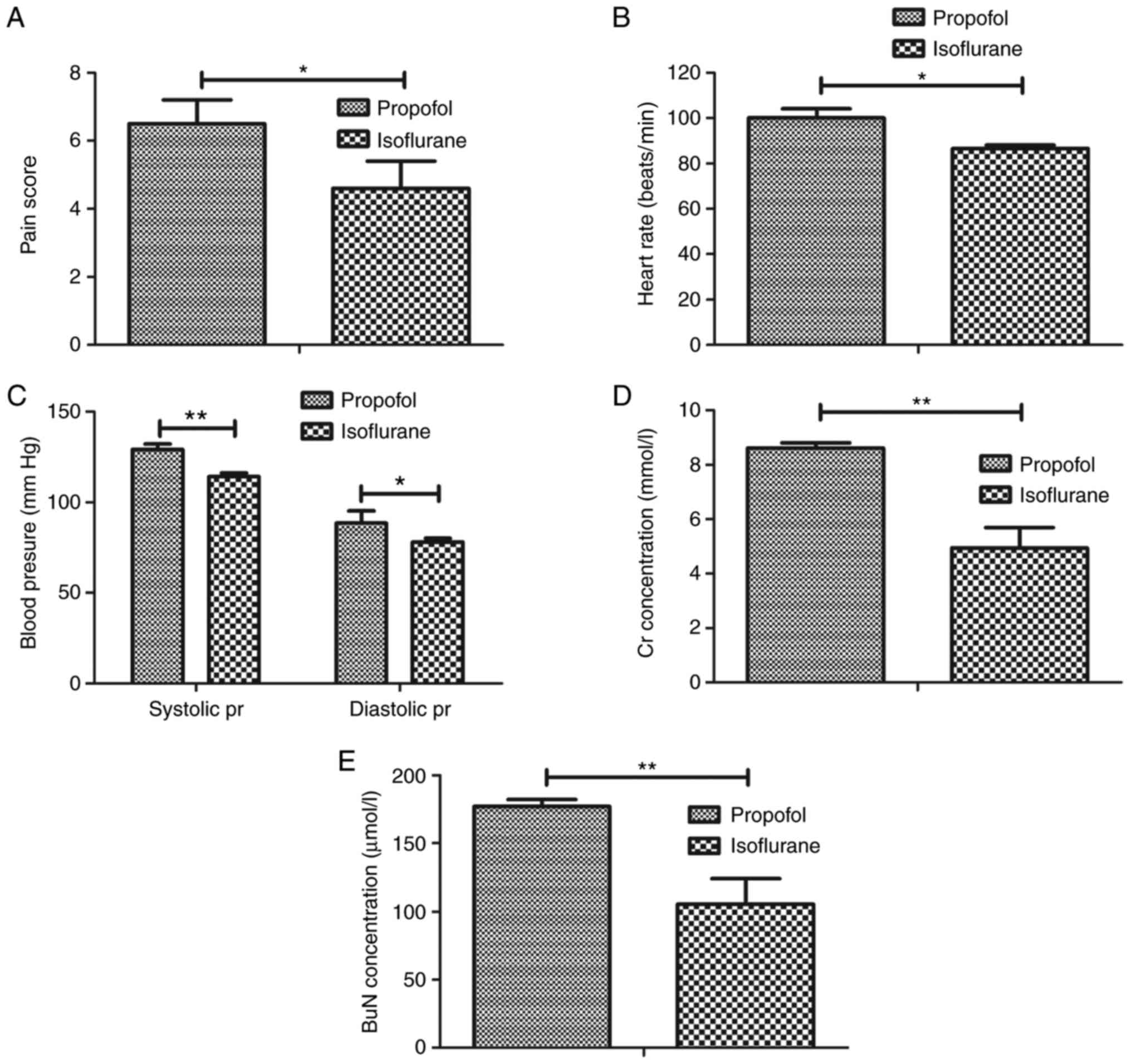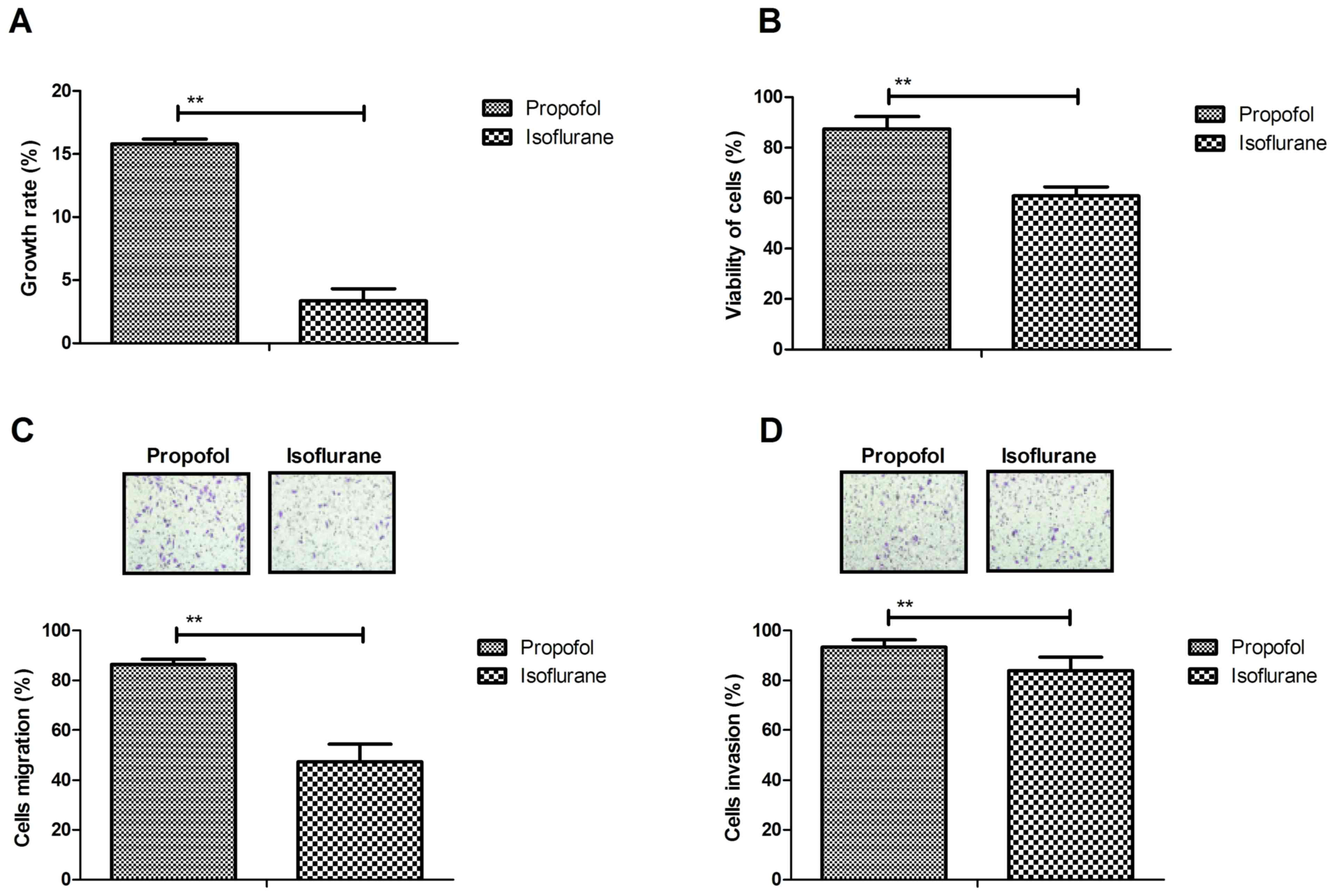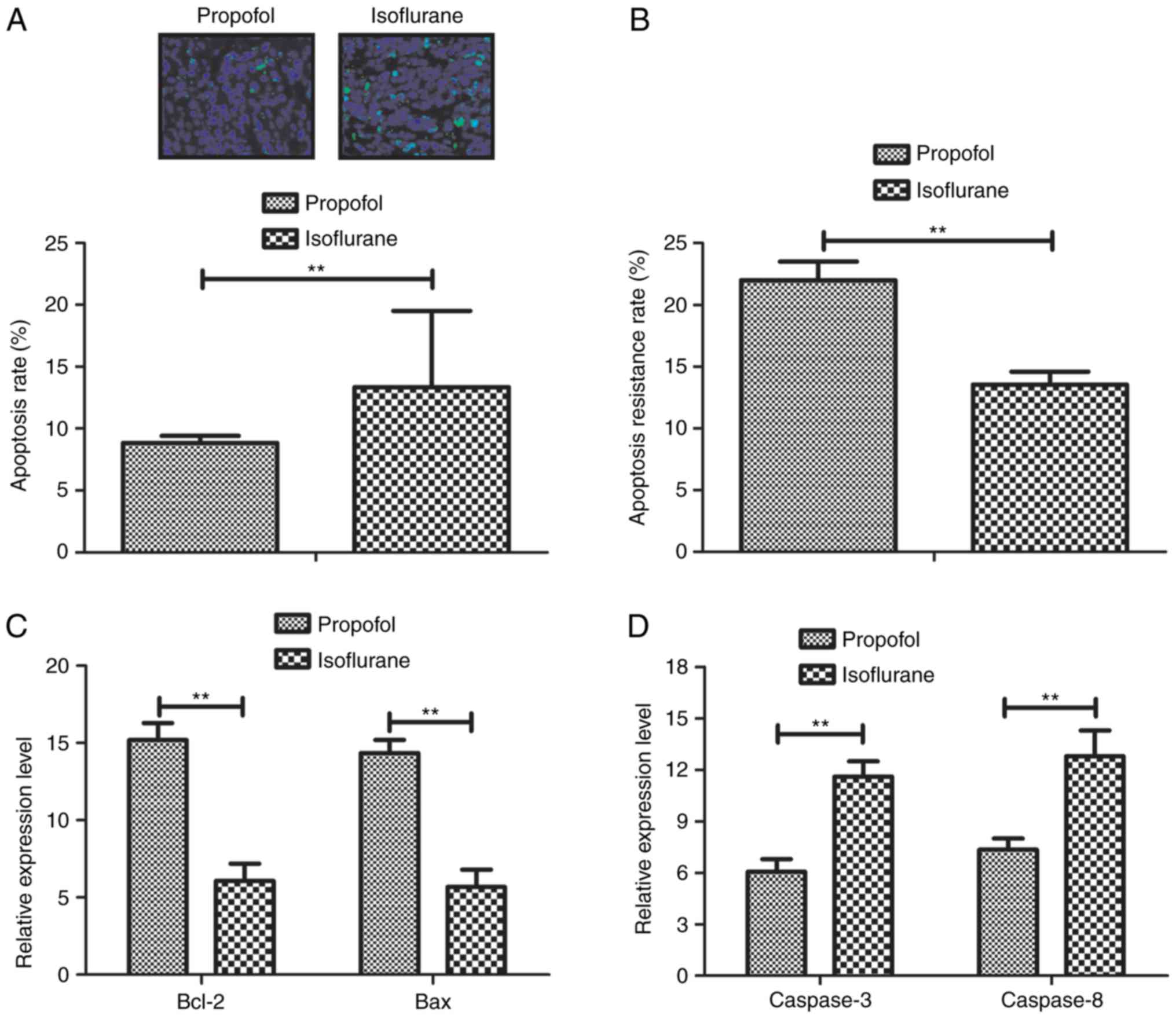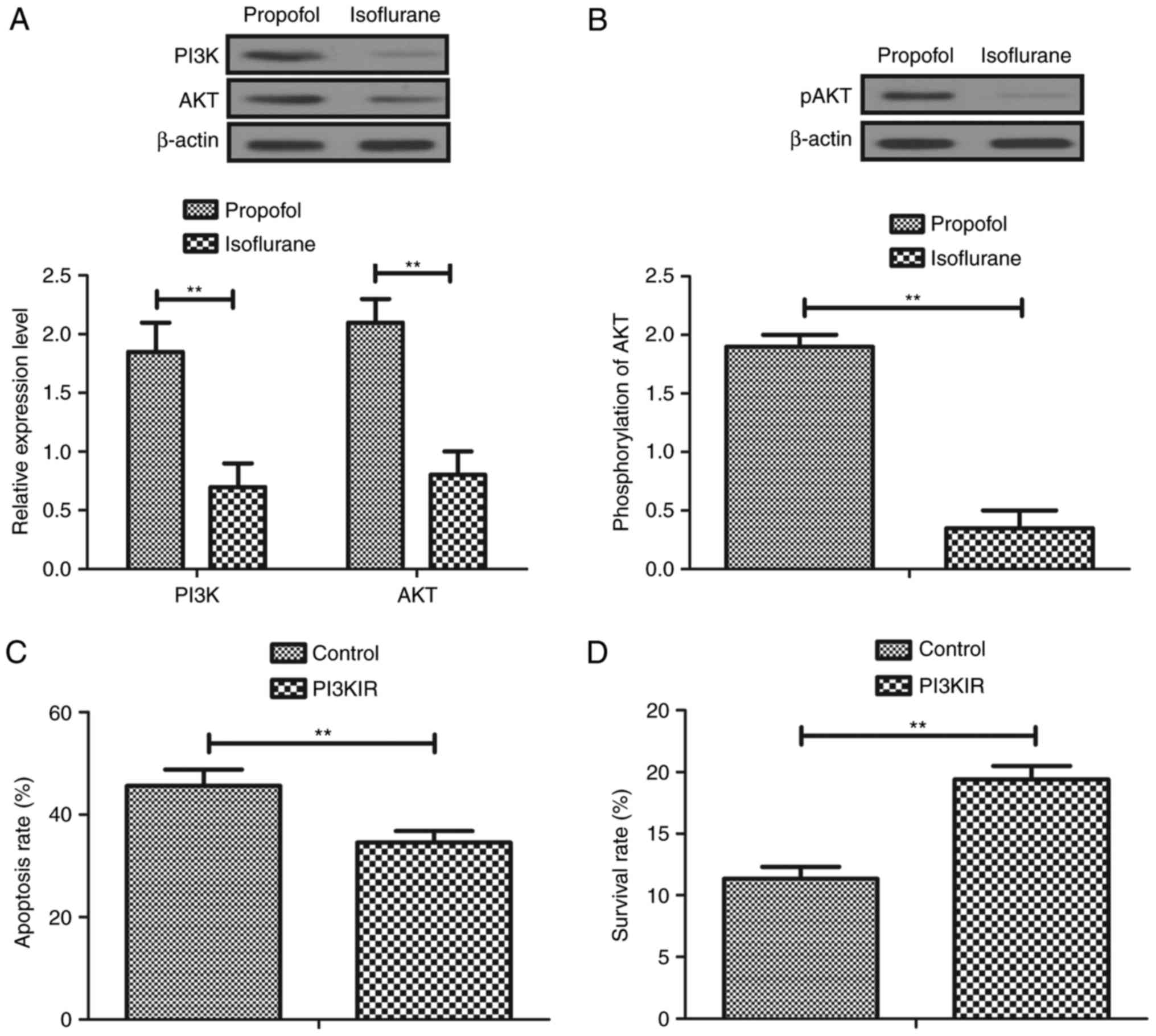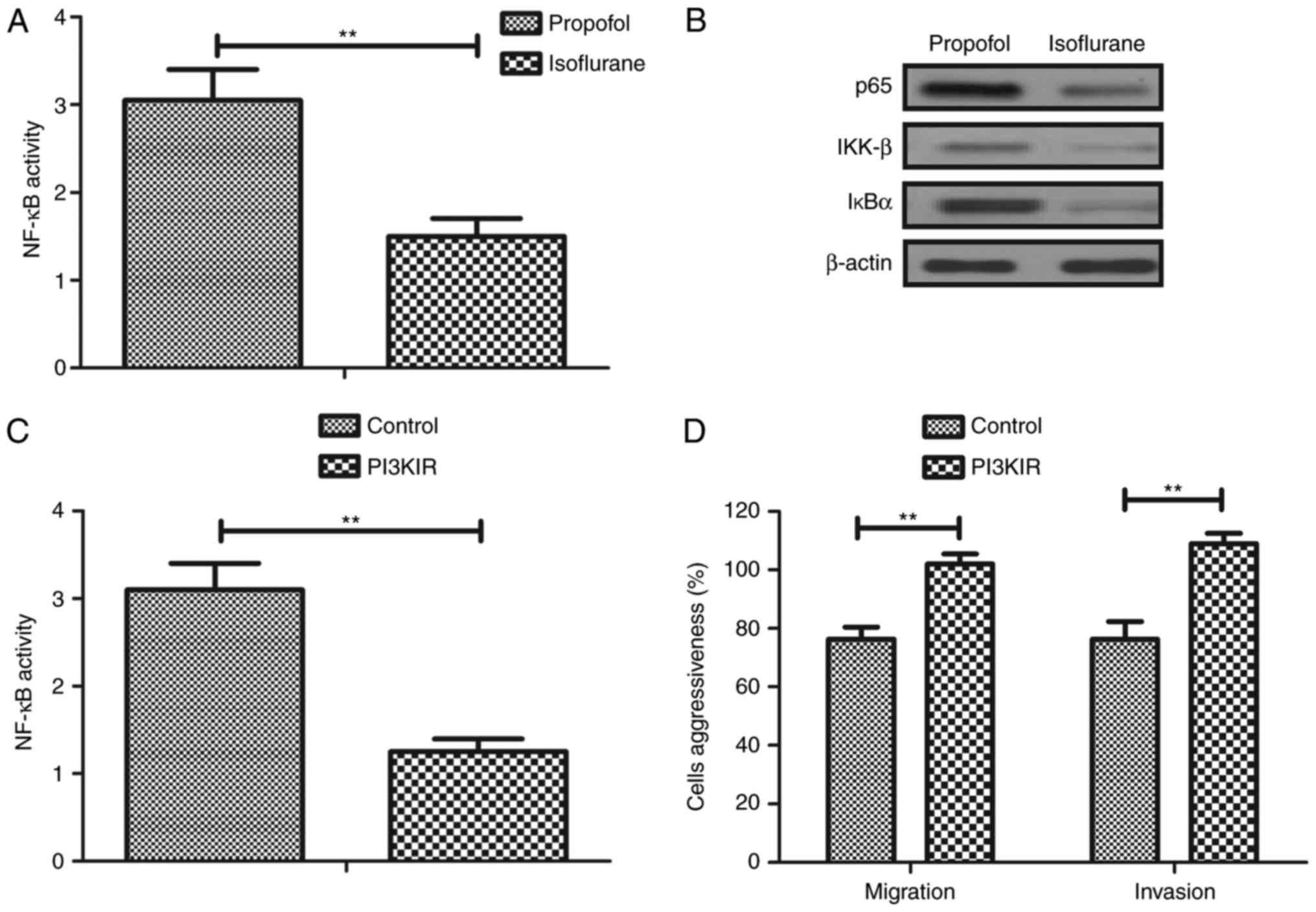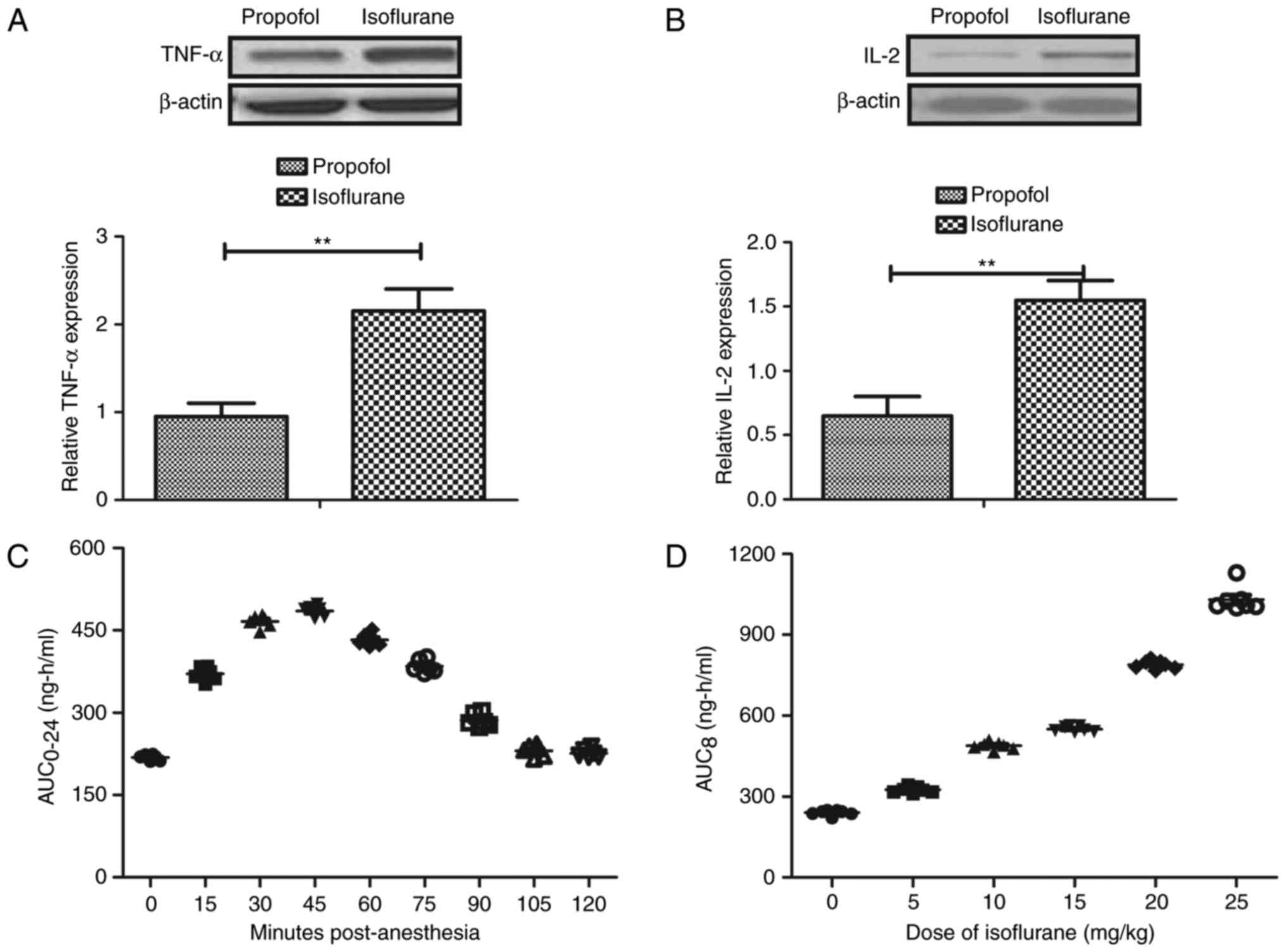|
1
|
Kao HK, Guo LF, Cheng MH, Chen IH, Liao
CT, Fang KH, Yu JS and Chang KP: Predicting postoperative morbidity
and mortality by model for endstage liver disease score for
patients with head and neck cancer and liver cirrhosis. Head Neck.
33:529–534. 2011. View Article : Google Scholar : PubMed/NCBI
|
|
2
|
Menon KV, Hakeem AR and Heaton ND: Review
article: Liver transplantation for hepatocellular carcinoma-a
critical appraisal of the current worldwide listing criteria.
Aliment Pharmacol Ther. 40:893–902. 2014. View Article : Google Scholar : PubMed/NCBI
|
|
3
|
Shariff MI, Cox IJ, Gomaa AI, Khan SA,
Gedroyc W and Taylor-Robinson SD: Hepatocellular carcinoma: Current
trends in worldwide epidemiology, risk factors, diagnosis and
therapeutics. Expert Rev Gastroenterol Hepatol. 3:353–367. 2009.
View Article : Google Scholar : PubMed/NCBI
|
|
4
|
Philip-Ephraim EE, Eyong KI, Williams UE
and Ephraim RP: The role of radiotherapy and chemotherapy in the
treatment of primary adult high grade gliomas: Assessment of
patients for these treatment approaches and the common immediate
side effects. ISRN Oncol. 2012:9021782012.PubMed/NCBI
|
|
5
|
Bai P, Zhang R, Li XG, Ma SK, Wu LY and
Zhang WH: Efficiency and side effects of concurrent radiotherapy
and chemotherapy for advanced cervical cancers. Zhonghua Zhong Liu
Za Zhi. 29:467–469. 2007.(In Chinese). PubMed/NCBI
|
|
6
|
Huang YH, Wu JC, Chen SC, Chen CH, Chiang
JH, Huo TI, Lee PC, Chang FY and Lee SD: Survival benefit of
transcatheter arterial chemoembolization in patients with
hepatocellular carcinoma larger than 10 cm in diameter. Aliment
Pharmacol Ther. 23:129–135. 2006. View Article : Google Scholar : PubMed/NCBI
|
|
7
|
Joseph JD, Peng Y, Mak DO, Cheung KH, Vais
H, Foskett JK and Wei H: General anesthetic isoflurane modulates
inositol 1,4,5-trisphosphate receptor calcium channel opening.
Anesthesiology. 121:528–537. 2014. View Article : Google Scholar : PubMed/NCBI
|
|
8
|
Yu C, Luo YL, Xiao SS, Zhang Q and Chen
SL: Influence of propofol and isoflurane on cytokines response to
cancer surgery during perioperative period. Hua Xi Kou Qiang Yi Xue
Za Zhi. 25:554–556. 2007.(In Chinese). PubMed/NCBI
|
|
9
|
Jiang J and Jiang H: Effect of the inhaled
anesthetics isoflurane, sevoflurane and desflurane on the
neuropathogenesis of Alzheimer's disease (review). Mol Med Rep.
12:3–12. 2015. View Article : Google Scholar : PubMed/NCBI
|
|
10
|
Liu TC: Influence of propofol, isoflurane
and enflurance on levels of serum interleukin-8 and interleukin-10
in cancer patients. Asian Pac J Cancer Prev. 15:6703–6707. 2014.
View Article : Google Scholar : PubMed/NCBI
|
|
11
|
Yang H, Deng J, Jiang Y, Chen J, Zeng X,
He Z, Jiang X, Li Z and Jiang C: Emulsified isoflurane treatment
inhibits the cell cycle and respiration of human bronchial
epithelial 16HBE cells in a p53-independent manner. Mol Med Rep.
14:349–354. 2016. View Article : Google Scholar : PubMed/NCBI
|
|
12
|
Miura Y, Kamiya K, Kanazawa K, Okada M,
Nakane M, Kumasaka A and Kawamae K: Superior recovery profiles of
propofol-based regimen as compared to isoflurane-based regimen in
patients undergoing craniotomy for primary brain tumor excision: A
retrospective study. J Anesth. 26:721–727. 2012. View Article : Google Scholar : PubMed/NCBI
|
|
13
|
Lim KH and Counter CM: Reduction in the
requirement of oncogenic Ras signaling to activation of PI3K/AKT
pathway during tumor maintenance. Cancer cell. 8:381–392. 2005.
View Article : Google Scholar : PubMed/NCBI
|
|
14
|
Shi LX, Wang JH and Shi XD: PI3K/AKT/mTOR
Pathway and Pediatric T acute lymphoblastic leukemia-review.
Zhongguo Shi Yan Xue Ye Xue Za Zhi. 24:1269–1274. 2016.(In
Chinese). PubMed/NCBI
|
|
15
|
Dey JH, Bianchi F, Voshol J, Bonenfant D,
Oakeley EJ and Hynes NE: Targeting fibroblast growth factor
receptors blocks PI3K/AKT signaling, induces apoptosis, and impairs
mammary tumor outgrowth and metastasis. Cancer Res. 70:4151–4162.
2010. View Article : Google Scholar : PubMed/NCBI
|
|
16
|
Wang CM, Cai XL and Wen QP: Astaxanthin
reduces isoflurane-induced neuroapoptosis via the PI3K/Akt pathway.
Mol Med Rep. 13:4073–4078. 2016. View Article : Google Scholar : PubMed/NCBI
|
|
17
|
Zhao K, Song X, Huang Y, Yao J, Zhou M, Li
Z, You Q, Guo Q and Lu N: Wogonin inhibits LPS-induced tumor
angiogenesis via suppressing PI3K/Akt/NF-κB signaling. Eur J
Pharmacol. 737:57–69. 2014. View Article : Google Scholar : PubMed/NCBI
|
|
18
|
Miao X and Zhao Y: ST6GalNAcII mediates
tumor invasion through PI3K/Akt/NF-κB signaling pathway in
follicular thyroid carcinoma. Oncol Rep. 35:2131–2140. 2016.
View Article : Google Scholar : PubMed/NCBI
|
|
19
|
Al-Sobayil FA and Omer OH: Serum
biochemical values of adult ostriches (Struthio camelus)
anesthetized with xylazine, ketamine, and isoflurane. J Avian Med
Surg. 25:97–101. 2011. View Article : Google Scholar : PubMed/NCBI
|
|
20
|
Livak KJ and Schmittgen TD: Analysis of
relative gene expression data using real-time quantitative PCR and
the 2(-Delta Delta C(T)) method. Methods. 25:402–408. 2001.
View Article : Google Scholar : PubMed/NCBI
|
|
21
|
Nilsson U and Idvall E: Pain assessments
in day surgery patients. J Clin Nurs. 19:2942–2943. 2010.
View Article : Google Scholar : PubMed/NCBI
|
|
22
|
Zheng N, Wei X, Zhang D, Chai W, Che M,
Wang J and Du B: Hepatic resection or transarterial
chemoembolization for hepatocellular carcinoma with portal vein
tumor thrombus. Medicine (Baltimore). 95:e39592016. View Article : Google Scholar : PubMed/NCBI
|
|
23
|
Jia YS, Hu XQ, Gabriella H, Qin LJ and
Meggyeshazi N: Antitumor activity of tenacissoside H on esophageal
cancer through arresting cell cycle and regulating PI3K/Akt-NF-κB
transduction cascade. Evid Based Complement Alternat Med.
2015:4649372015. View Article : Google Scholar : PubMed/NCBI
|
|
24
|
Simonetti RG, Cammà C, Fiorello F, Politi
F, D'Amico G and Pagliaro L: Hepatocellular carcinoma. A worldwide
problem and the major risk factors. Dig Dis Sci. 36:962–972. 1991.
View Article : Google Scholar : PubMed/NCBI
|
|
25
|
Zidan A, Scheuerlein H, Schüle S,
Settmacher U and Rauchfuss F: Epidemiological pattern of hepatitis
B and hepatitis C as etiological agents for hepatocellular
carcinoma in iran and worldwide. Hepat Mon. 12:e68942012.PubMed/NCBI
|
|
26
|
Marabelle A and Gray J: Tumor-targeted and
immune-targeted monoclonal antibodies: Going from passive to active
immunotherapy. Pediatr Blood Cancer. 62:1317–1325. 2015. View Article : Google Scholar : PubMed/NCBI
|
|
27
|
Nishimura Y, Tomita Y, Yuno A, Yoshitake Y
and Shinohara M: Cancer immunotherapy using novel tumor-associated
antigenic peptides identified by genome-wide cDNA microarray
analyses. Cancer Sci. 106:505–511. 2015. View Article : Google Scholar : PubMed/NCBI
|
|
28
|
Huang H, Benzonana LL, Zhao H, Watts HR,
Perry NJ, Bevan C, Brown R and Ma D: Prostate cancer cell
malignancy via modulation of HIF-1α pathway with isoflurane and
propofol alone and in combination. Br J Cancer. 111:1338–1349.
2014. View Article : Google Scholar : PubMed/NCBI
|
|
29
|
Luo X, Zhao H, Hennah L, Ning J, Liu J, Tu
H and Ma D: Impact of isoflurane on malignant capability of ovarian
cancer in vitro. Br J Anaesth. 114:831–839. 2015. View Article : Google Scholar : PubMed/NCBI
|
|
30
|
Zhang Y, Dong Y, Wu X, Lu Y, Xu Z, Knapp
A, Yue Y, Xu T and Xie Z: The mitochondrial pathway of anesthetic
isoflurane-induced apoptosis. J Biol Chem. 285:4025–4037. 2010.
View Article : Google Scholar : PubMed/NCBI
|
|
31
|
Mu GG, Zhang LL, Li HY, Liao Y and Yu HG:
Thymoquinone pretreatment overcomes the insensitivity and
potentiates the antitumor effect of gemcitabine through abrogation
of Notch1, PI3K/Akt/mTOR regulated signaling pathways in pancreatic
cancer. Dig Dis Sci. 60:1067–1080. 2015. View Article : Google Scholar : PubMed/NCBI
|
|
32
|
Coco S, Truini A, Alama A, Dal Bello MG,
Venè R, Garuti A, Carminati E, Rijavec E, Genova C, Barletta G, et
al: Afatinib resistance in non-small cell lung cancer involves the
PI3K/AKT and MAPK/ERK signalling pathways and
epithelial-to-mesenchymal transition. Targeted Oncol. 10:393–404.
2015. View Article : Google Scholar
|
|
33
|
Yang Y, Zhang J, Zhu Y, Zhang Z, Sun H and
Feng Y: Follicle-stimulating hormone induced epithelial-mesenchymal
transition of epithelial ovarian cancer cells through
follicle-stimulating hormone receptor PI3K/Akt-Snail signaling
pathway. Int J Gynecol Cancer. 24:1564–1574. 2014. View Article : Google Scholar : PubMed/NCBI
|
|
34
|
Kang B, Hao C, Wang H, Zhang J, Xing R,
Shao J, Li W, Xu N, Lu Y and Liu S: Evaluation of
hepatic-metastasis risk of colorectal cancer upon the protein
signature of PI3K/AKT pathway. J Proteome Res. 7:3507–3515. 2008.
View Article : Google Scholar : PubMed/NCBI
|
|
35
|
Yan L and Shi G: Effect of IFN-α on
hepatic cancer SMCC-7721 cell via PI3K/Akt signaling pathway and
related mechanism research. Zhonghua Yi Xue Za Zhi. 95:2960–2963.
2015.(In Chinese). PubMed/NCBI
|
|
36
|
Sha M, Ye J, Zhang LX, Luan ZY, Chen YB
and Huang JX: Celastrol induces apoptosis of gastric cancer cells
by miR-21 inhibiting PI3K/Akt-NF-κB signaling pathway.
Pharmacology. 93:39–46. 2014. View Article : Google Scholar : PubMed/NCBI
|
|
37
|
Rabi T, Huwiler A and Zangemeister-Wittke
U: AMR-Me inhibits PI3K/Akt signaling in hormone-dependent MCF-7
breast cancer cells and inactivates NF-κB in hormone-independent
MDA-MB-231 cells. Mol Carcinog. 53:578–588. 2014. View Article : Google Scholar : PubMed/NCBI
|
|
38
|
Li C, Li F, Zhao K, Yao J, Cheng Y, Zhao
L, Li Z, Lu N and Guo Q: LFG-500 inhibits the invasion of cancer
cells via down-regulation of PI3K/AKT/NF-κB signaling pathway. PloS
One. 9:e913322014. View Article : Google Scholar : PubMed/NCBI
|
|
39
|
Dastjerdi MN, Babazadeh Z, Rabbani M,
Gharagozloo M, Esmaeili A and Narimani M: Effects of disulfiram on
apoptosis in PANC-1 human pancreatic cancer cell line. Res Pharm
Sci. 9:287–294. 2014.PubMed/NCBI
|
|
40
|
Din Tengku TA, Seeni A, Khairi WN,
Shamsuddin S and Jaafar H: Effects of rapamycin on cell apoptosis
in MCF-7 human breast cancer cells. Asian Pac J Cancer Prev.
15:10659–10663. 2014.PubMed/NCBI
|
|
41
|
Russe OQ, Möser CV, Kynast KL, King TS,
Olbrich K, Grösch S, Geisslinger G and Niederberger E: LPS inhibits
caspase 3-dependent apoptosis in RAW264.7 macrophages induced by
the AMPK activator AICAR. Biochem Biophys Res Commun. 447:520–525.
2014. View Article : Google Scholar : PubMed/NCBI
|
|
42
|
Mandal R, Raab M, Matthess Y, Becker S,
Knecht R and Strebhardt K: Perk 1/2 inhibit Caspase-8 induced
apoptosis in cancer cells by phosphorylating it in a cell cycle
specific manner. Mol Oncol. 8:232–249. 2014. View Article : Google Scholar : PubMed/NCBI
|
|
43
|
EI-Emshaty HM, Saad EA, Toson EA, Malak
Abdel CA and Gadelhak NA: Apoptosis and cell proliferation:
Correlation with BCL-2 and P53 oncoprotein expression in human
hepatocellular carcinoma. Hepatogastroenterology. 61:1393–1401.
2014.PubMed/NCBI
|
|
44
|
Tsai CJ, Liu S, Hung CL, Jhong SR, Sung TC
and Chiang YW: BAX-induced apoptosis can be initiated through a
conformational selection mechanism. Structure. 23:139–148. 2015.
View Article : Google Scholar : PubMed/NCBI
|















